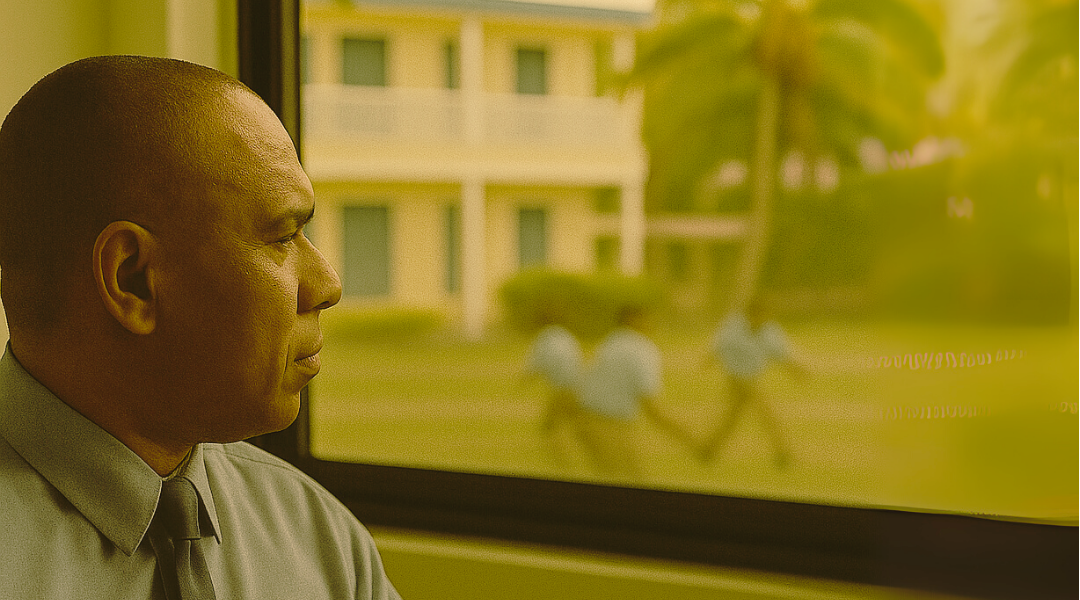Before the proliferation of AI, Jack Ma of Alibaba* said the future of work would be in caring and high-touch roles. Fast forward, and here we are.
Automation isn’t coming. It’s already here, reshaping industries in real time.
I’ve long been a proponent of technology. Learning to code, building websites, and leveraging social media gave me not just a career, but the means to support my family, send my children to university, and campaign for change in ways that felt tangible and meaningful.
But now, as a business strategist, I find myself asking harder questions.
Efficiency has always been key – optimise systems, maximise growth, drive outcomes. Yet in today’s economy, entire jobs and industries are being deleted with the press of a button. And so, we have to ask: what happens to the people?
Who buys the phone and the TV set that’s now been assembled by robots?
Who fills the airplanes, checks into the hotels, sits down at the restaurants? Hospitality is the lifeblood of tourism economies around the world and especially in places like the Caribbean.
If we automate too fast, with too little care, we risk creating a world where machines make the products but no one can afford them. Where flights take off, but the seats stay empty. Where restaurants are perfectly run, but with no guests at the table.
So, what’s the answer? Do we resist automation?
Not necessarily.
Automation isn’t inherently the enemy. It can free us from repetitive, dangerous, or soul-draining work. It can create time for caregiving, creativity, and community. But only if we build the economic scaffolding to support that shift.
Will governments have to feed their citizens? Quite possibly.
Would this be seen as failure or evolution?
In the same way we no longer need most people working in fields or factories, we may no longer need everyone in 9-to-5 jobs to sustain society. But that doesn’t mean people stop having value. It means we need new systems of value exchange.
Could automation pay its fair share? Absolutely.
It’s time we explore how.
That could mean:
Robot taxes on businesses that automate human jobs.
Data dividends, compensating people for the digital footprint they generate.
Wealth taxes on those reaping exponential returns from AI.
Or universal basic income, funded by the very technologies replacing labour.
This isn’t just an economic conversation, It’s a moral one. If we don’t ask these questions now, we risk sleepwalking into a future designed for machines, not people.
And as someone who believes in both strategy and compassion, I’d rather be part of shaping that future than reacting to it.
In future posts, I will share some of the prevailing ideas on how automation could pay its fair share.
*Jack Ma, co-founder of Alibaba, one of the world’s largest e-commerce platforms, has recently resurfaced with Alibaba investing heavily in artificial intelligence.
What are your thoughts on the future of work?
You can share your views over on LinkedIn.
About Nerissa
I’m an author, marketer, and business coach with a curiosity that spans everything from AI and entrepreneurship to music, film, and the future of work. I write to ask better questions, spark real conversations, and challenge how we think about change – especially in the Caribbean, but also far beyond it. If it impacts people, culture, or possibility, I’m probably thinking (and writing) about it.


